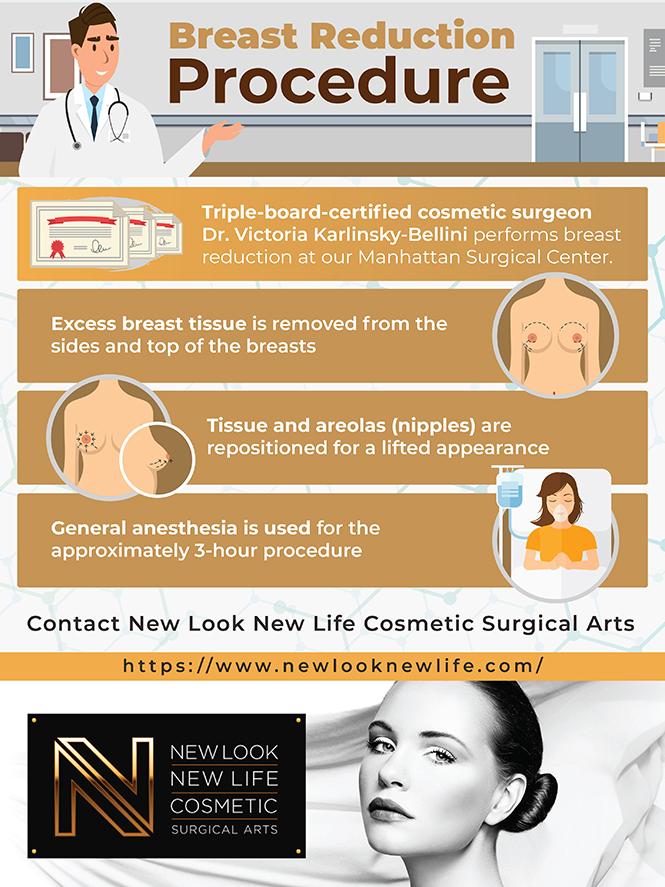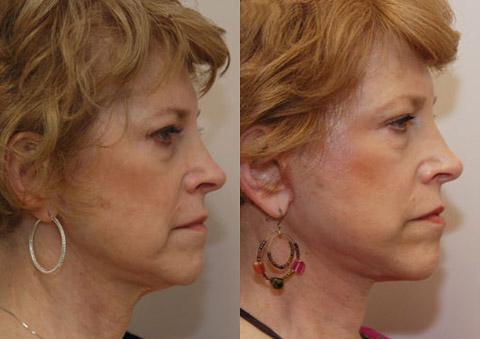
You may be considering a autologous tissue breast reconstruction if you're thinking about getting a breast-implant after radiation. This procedure involves transferring excess abdominal wall tissue to your chest and utilizing the specialized techniques of microsurgery. The surgeon who performs this procedure is double-board certified and fellowship trained in this field.
Incidences of complication
Radiation treatment complications can have a significant impact on the outcome of breast implants surgery. Multiple procedures may be required before satisfactory results are achieved. Breast implants may need to be removed in severe cases. The other complications include hematoma. Hematoma is the accumulation of blood near an area where surgery has taken place. This can cause swelling and bruising. This is more common in patients who have had an infection or seroma. A doctor may be required to perform a repeat operation to correct the problem.
Another risk associated with radiation treatment is implant contracture, or asymmetry. This is a common problem that can be caused by muscle. Revision surgery may be required to correct this condition. The surgeon will measure the contracted superior pole contour before the surgery and the desired superior pole contour at two to four centimeters below the contracted pole contour. The final breast shape should align with the non-irradiated, contralateral breast.

Impact on quality life
The impact of radiation and breast implants on quality of life is an ongoing topic in breast cancer research. Combining the two procedures can improve patients' quality-of-life and cosmetic results. But, it is still controversial as to which one is better. Research can help establish consensus about the best options for patients.
Modern surgery and radiation therapy can decrease the likelihood of breast cancer returning. Modern treatment reduces the chance of breast cancer recurring by 5% to7% after ten and 6%-7% after twenty years. However, breast cancer survivors who undergo radiation therapy also face the risk of recurrence of the tumor, which significantly increases the likelihood of complications.
Complications
Radiation therapy and breast implants can cause serious complications for women. These include a loss of breast firmness and elasticity. Radiation also damages the microvascular circulation, which reduces blood flow. These side effects may last a lifetime. In addition, radiation treatment can cause inflammation in the lungs. This can lead to shortness and dry cough.
Researchers looked at the complications rates of patients who received breast implant and radiation reconstructions. These researchers found that 39% percent of patients receiving radiation-irradiated breast implants experienced at least one problem. This is higher than the rate for patients who had implants only and underwent autologous reconstruction. However, the overall complication rates were comparable.

Treatment options
Breast reconstruction and autologous tissues transfer are the two main options for treatment of radiation-induced, breast cancer. This involves the transfer of excess skin and fat from the abdomen to the chest. This approach improves the quality of the chest wall tissues and uses the patient's own blood supply. While the procedure can take longer, there may be fewer complications.
Radiation therapy and breast implant surgery can be dangerous. You must choose the right treatment option to ensure your comfort, overall health, and well-being. Radiation can also cause scarring, hardening, and a less pleasing cosmetic result. Radiation can also cause chronic pain. Radiation therapy may also lead to chronic pain. Breast reconstruction is therefore recommended.